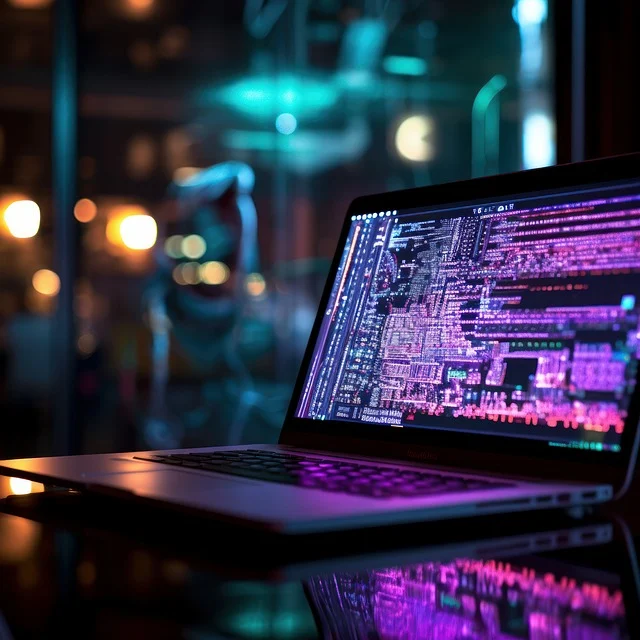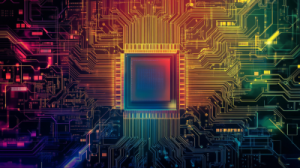Here, I am going to mention the answer to how Blockchain Technology and Artificial Intelligence can work together!
Blockchain and artificial intelligence (AI) are two cutting-edge technologies that have the potential to revolutionize various industries independently. However, when combined, they create a powerful synergy that can drive innovation to new heights. The convergence of blockchain and AI opens up numerous possibilities for enhanced security, data integrity, and decentralized decision-making.
One of the primary challenges in AI is the need for large, high-quality datasets for training models effectively. Blockchain’s decentralized nature can provide a solution to this problem. By storing data in an immutable and transparent manner on the blockchain, AI models can access a vast pool of diverse data from various sources securely. This not only improves the performance of AI algorithms but also ensures data privacy and ownership for individuals.
Moreover, the transparency and immutability of the blockchain can be leveraged to validate the authenticity of the data used in AI models. This is particularly crucial in critical applications such as healthcare, finance, and supply chain management, where data integrity is paramount. Blockchain ensures that data has not been tampered with, enhancing the trustworthiness of AI-generated insights and decisions.
Smart contracts, which are self-executing contracts with the terms of the agreement directly written into code, can also benefit from AI integration. AI algorithms can analyze and assess the conditions for smart contract execution more efficiently, reducing the risk of errors and enabling more complex and dynamic contracts.
Another area where blockchain and AI can collaborate is in optimizing resource allocation. AI can analyze data and make predictions, while blockchain can facilitate the efficient distribution of resources and rewards based on the AI’s recommendations. This could be applied to energy management, traffic optimization, and even content recommendation systems.
Additionally, combining blockchain and AI can address concerns about bias in AI decision-making. Blockchain’s transparency allows for greater scrutiny of AI algorithms, making it easier to identify and correct biases in the data and the models themselves.
However, there are challenges to overcome, such as scalability, energy consumption, and interoperability between different blockchain networks. As both technologies continue to evolve, these issues are likely to be addressed, paving the way for more seamless integration of blockchain and AI applications.
Final Verdict
The convergence of blockchain and AI holds tremendous potential to transform industries by enhancing security, transparency, data integrity, and decision-making processes. As this partnership advances, it will create new opportunities for innovation and lead to a more decentralized, secure, and efficient future.
Blog By: Priyanka Rana

14
AugHow Blockchain and AI can work together?
Aug 14, 2023Recent Blog
The ITES-QApr 17, 2025
The UPI Circle Of PhonePeApr 16, 2025
Dangerous AI In HealthcareApr 15, 2025
Google’s Iron Wood ChipApr 14, 2025
World’s First 3D Printed Train StationApr 11, 2025




